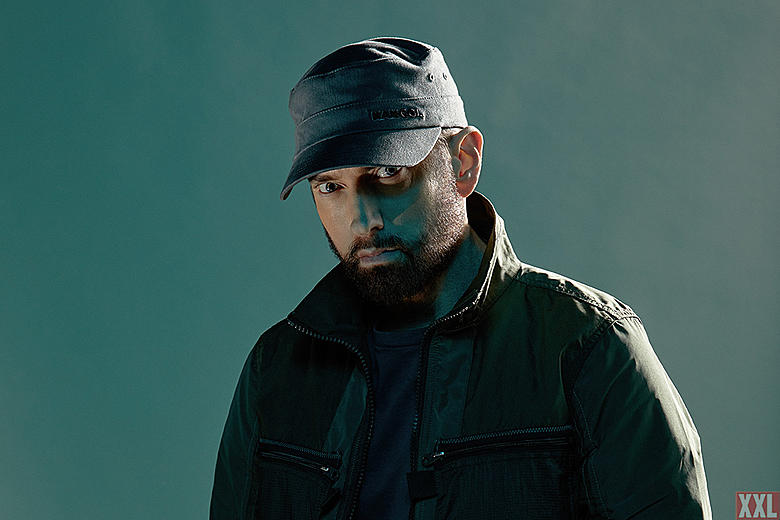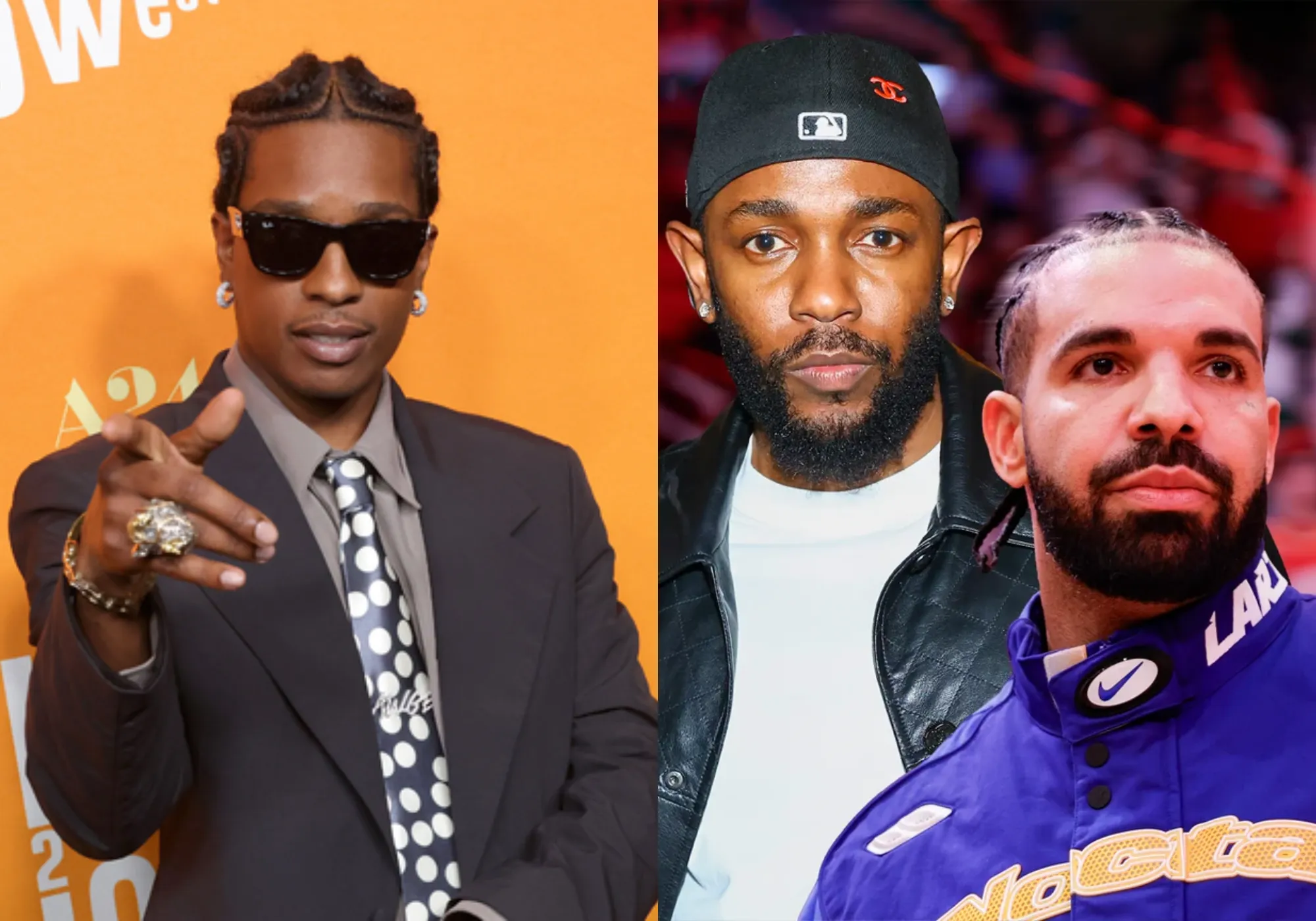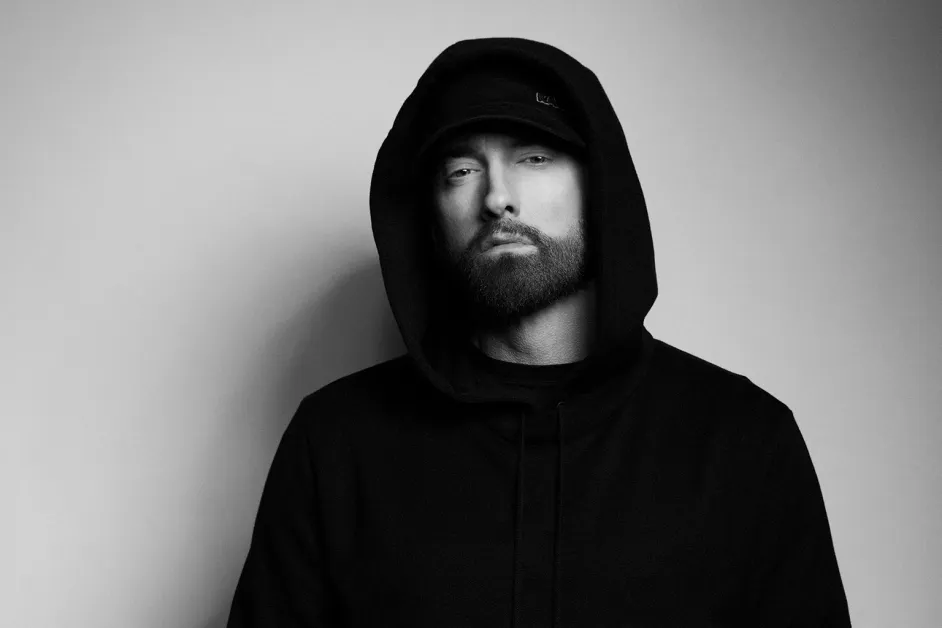

Megan Thee Stallion’s Defamation Lawsuit Faces Complications from Bob Dylan Case
In a surprising twist, Milagro Gramz is leveraging a previous lawsuit against Bob Dylan to defend herself against defamation claims made by Megan Thee Stallion. The ongoing legal battle stems from Gramz’s social media posts during the recent trial of Tory Lanez, where she accused Megan of being “drunk” and questioned her credibility as a witness. Gramz argues that Megan’s own song, “Cobra,” alludes to issues of alcohol abuse, adding another layer to the unfolding drama.
The Accusations and the Defense
Megan Thee Stallion’s lawsuit centres on Gramz’s comments, which she claims are defamatory. In her latest court filings, Gramz contends that instead of addressing the substance of her remarks, Megan has resorted to using the legal system to silence dissenting opinions. “Rather than rebutting the comments or debating the issues raised in [Gramz’s] statements for the public to make their own judgments, Megan Thee Stallion has succumbed to the current trend of using the legal system to attempt to erase opinions she disagrees with,” the filings state, as reported by AllHipHop.
A Closer Look at “Cobra”

In her song “Cobra,” Megan raps about her struggles with alcohol, reflecting on her mental health and feelings of despair. The lyrics reveal a vulnerable side of the artist, as she expresses thoughts of self-harm and the complexities of her relationship with drinking. Lines like, “At night, I sit in a dark room and think / Maybe that’s why I always end up drinking,” highlight her candidness about her battles.
Drawing Parallels with Bob Dylan
To bolster her defense, Gramz references the iconic song “Hurricane” by Bob Dylan and a related lawsuit filed by Patty Valentine. Valentine accused Dylan of defamation, claiming that the song falsely implicated her in a conspiracy against Rubin “Hurricane” Carter, a boxer wrongfully convicted of murder. The court ultimately dismissed Valentine’s claims, setting a precedent that Gramz hopes to leverage.
“Based on the logic of the ruling in that case, anyone who suggests something contrary or criticizes the credibility of state witnesses in that trial could be liable for defamation,” explained Michael Pancier, Gramz’s attorney. He further elaborated that Valentine, who was mentioned in Dylan’s song, believed she was wronged and sought legal recourse, but the court found no merit in her claims.
The Implications of the Lawsuit
The outcome of this case could have significant implications for both Megan Thee Stallion and Milagro Gramz. If Gramz successfully argues that her comments are protected under the same principles that dismissed Valentine’s lawsuit against Dylan, it could set a precedent for how public figures navigate defamation claims, especially in the age of social media.
Megan’s legal team will likely need to counter Gramz’s arguments by demonstrating that her statements were not merely opinions but rather false assertions of fact that harmed Megan’s reputation. The stakes are high, as both parties are navigating a complex web of public perception, artistic expression, and legal accountability.

The Bigger Picture
As this legal saga unfolds, it raises important questions about the intersection of art, public discourse, and the law. How far can artists go in expressing their truths, and at what point do those expressions cross the line into defamation? The case also highlights the challenges public figures face in managing their reputations in a digital age where opinions can spread rapidly and have lasting consequences.
As both sides prepare for what promises to be a contentious legal battle, fans and observers alike are left wondering how this will all play out. Will Megan Thee Stallion emerge victorious, or will Milagro Gramz find a way to turn the tide in her favor? Only time will tell, but one thing is for sure: this case is far from over.
Stay tuned as we follow the developments in this intriguing legal drama!


















